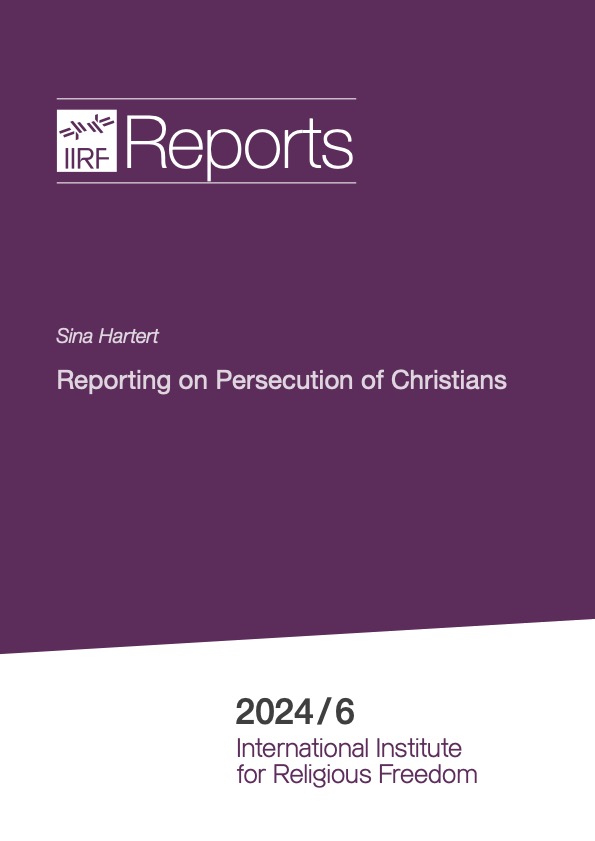 This study examines how the topic of the persecution of Christians in the 21st century is dealt with in print and online newsrooms in Germany. It also identifies the reasons for this approach. To this end, seven guided interviews were conducted in June 2023 with print and online editors of Die Zeit, Kölner Stadtanzeiger, Welt and Die Tagespost. As there has been no academic research on this topic to date, a quantitative media analysis of the four newspapers mentioned was carried out in advance. The aim was to examine the amount of reporting on the persecution of Christians in the period from January 1, 2018 to January 1, 2023 in comparison to the reporting of the Catholic News Agency (KNA). In addition, a guided interview with an expert on religious freedom and the persecution of Christians was conducted to further deepen the topic.
This study examines how the topic of the persecution of Christians in the 21st century is dealt with in print and online newsrooms in Germany. It also identifies the reasons for this approach. To this end, seven guided interviews were conducted in June 2023 with print and online editors of Die Zeit, Kölner Stadtanzeiger, Welt and Die Tagespost. As there has been no academic research on this topic to date, a quantitative media analysis of the four newspapers mentioned was carried out in advance. The aim was to examine the amount of reporting on the persecution of Christians in the period from January 1, 2018 to January 1, 2023 in comparison to the reporting of the Catholic News Agency (KNA). In addition, a guided interview with an expert on religious freedom and the persecution of Christians was conducted to further deepen the topic.
Almost two-thirds of the world’s population live in countries where religious freedom is severely violated. With at least 360 million people affected worldwide, Christians are the largest group – which is why there is currently talk of the greatest persecution of Christians of all time. Time and again, voices are raised criticizing the fact that this socially important issue does not receive enough public attention in the West.
The quantitative media analysis shows that the catholic Die Tageszeitung even reported more than the KNA during the same period. In contrast, the coverage of the other three newspapers is significantly lower. The results of the guided interviews show that the quantitative and qualitative reporting on the persecution of Christians is considered unsatisfactory. The following reasons for these deficits emerged: Even if the relevance of the topic itself is rated as high, this does not apply to the journalistic relevance, which is geared towards the interest of – increasingly secular – readers. Particularly among online readers, who are on average ten years younger, interest in religious topics is negligible. News factors such as proximity and thematization play a role, as do specific challenges such as the instrumentalization of the topic by right-wing populist movements and the difficulty of obtaining reliable information. The skills required to be able to write (qualitatively) about the topic include a certain level of religious literacy and religious freedom literacy, which, according to the interviewees, many journalists seem to have only to a limited extent. The journalist’s biography and worldview can be important personal influencing factors. In addition, spontaneous, often unconscious associations with the topic of Christian persecution play a role. As part of foreign reporting – which meets with less reader interest than domestic reporting – the quantity and quality of the topic of persecution of Christians also suffers from the decline in budgets and the number of correspondents.
The results of this project are not representative due to the qualitative approach. Nevertheless, they can provide valuable insights into the editorial approach to the persecution of Christians and serve as a basis for further research.